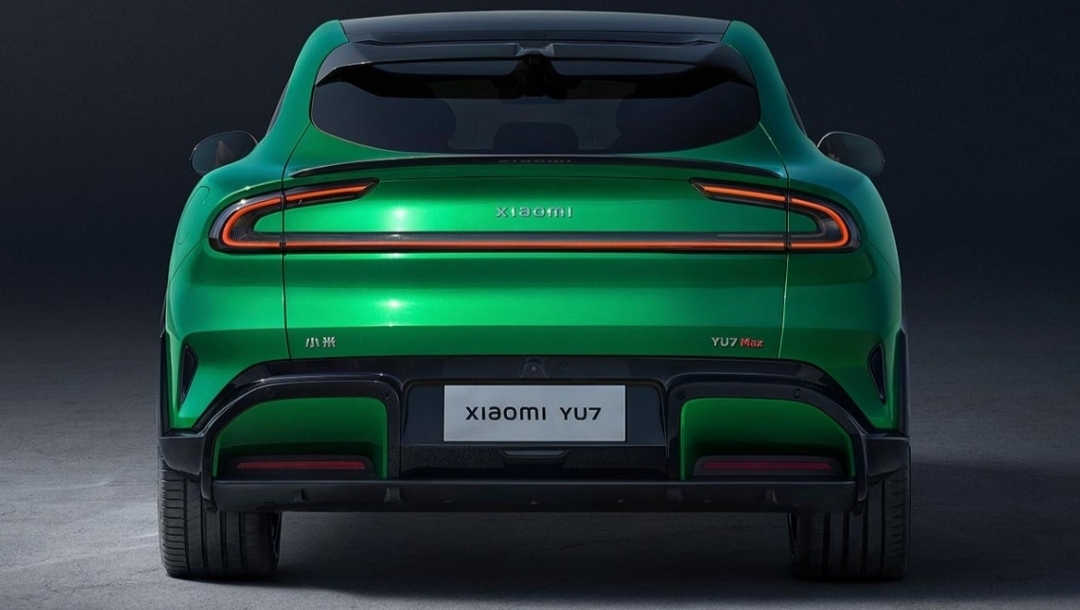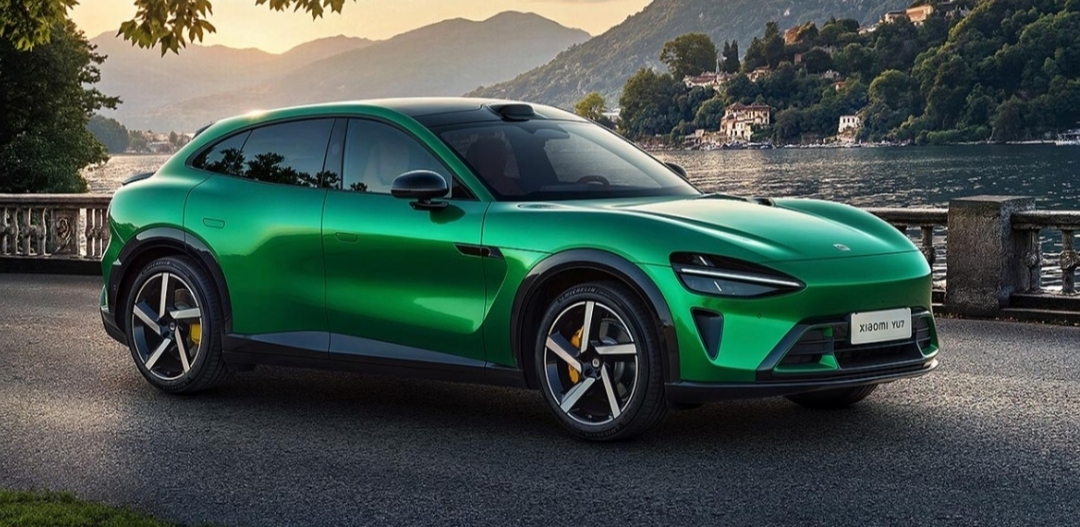Xiaomi YU7 EV Sells Out Until 2027 Within Hours of Launch – Tesla Rival Draws Massive Demand
Xiaomi’s second electric vehicle, the YU7, has made a thunderous debut in China, racking up a staggering number of locked-in orders and signaling serious disruption in the EV market. Just 72 hours after its official unveiling on June 26, Xiaomi’s 351 retail outlets reported between 280,800 and 315,900 confirmed pre-orders, all backed by non-refundable deposits.
The company also confirmed that 240,000 orders were secured within the first 18 hours, including online reservations. As a result, Xiaomi is now sold out through early 2027, with new buyers facing wait times of up to 56 weeks—a testament to the YU7’s massive appeal and a production challenge Xiaomi must urgently solve.
The YU7’s success stems from a strategic mix of sleek design, flagship-level features, and aggressive pricing. It comes in three configurations:
YU7 Standard: Priced at RMB 253,500 (€29,900), this rear-wheel-drive version uses a 96.3 kWh battery and delivers a CLTC-rated range of 835 km. It accounts for 55% of orders.
YU7 Pro: For RMB 279,900 (€32,900), this variant adds a dual-motor AWD system with a 770 km range, using the same battery as the base model.
YU7 Max: At RMB 329,900 (€38,800), the top-tier Max features a 101.7 kWh battery, 508 kW output (690 hp), and does 0-100 km/h in just 3.23 seconds with a 760 km range. This version makes up 20% of early sales.
The SUV measures 4,999 mm in length, and its exterior has drawn comparisons to the Ferrari Purosangue, which Xiaomi likely considers flattering. Inside, the YU7 boasts a 16.1-inch touchscreen and is tightly integrated into the “Human x Car x Home” ecosystem, linking users' smartphones, EVs, and smart home devices into a unified experience.
Young urban buyers dominate the early wave, with 55% of customers being males aged 22 to 35. Around 60%–70% are trading in older vehicles, while a small but significant 5–7% have switched from Xiaomi’s first EV, the SU7 sedan, to the more spacious YU7 SUV.
Xiaomi currently operates two major factories—F1 and F2 in Beijing—with a total annual capacity of 300,000 units. With current production fully booked and customer demand soaring, expansion efforts are critical to Xiaomi's ability to sustain this momentum. The YU7’s blockbuster launch has shaken the EV industry, but its long-term impact will depend on how quickly and efficiently Xiaomi can deliver.









Post a Comment